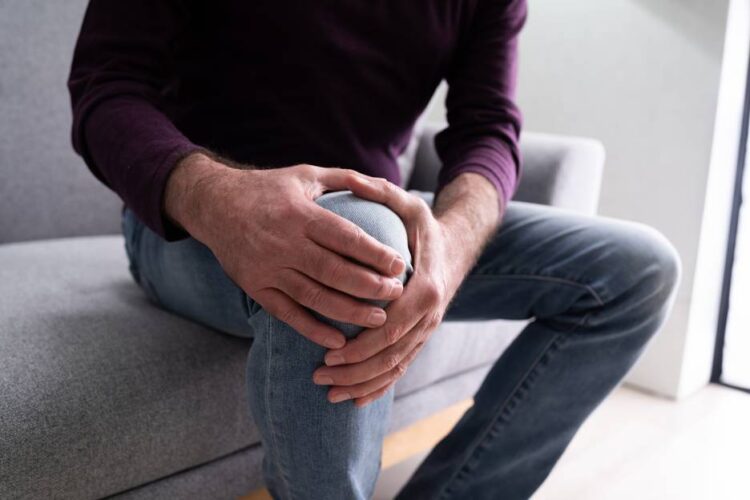For many of us, getting out of bed in the morning can seem like a Herculean task. As soon as the alarm goes off, our joints stiffen and our movements decelerate, and a few mobilization exercises or maneuvers might help us loosen up and regain flexibility.
Morning stiffness is a problem that affects people of all ages, but is most prevalent in older persons, those with arthritis, and those who lead sedentary lifestyles.
What causes morning stiffness?
Morning stiffness isn’t only a sign of aging; it can occur for a variety of reasons, many of which are related to the body’s normal functions while sleeping. Here’s a closer look at the major culprits:
1. Joint Inflammation: As you sleep, your body creates substances that assist regulate inflammation. However, in rare situations, these substances might accumulate in the joints, making you feel sore.
2. Lack of Movement: During sleep, our joints can stiffen. The lack of movement during those 6-8 hours causes muscles and joints to stiffen, resulting in a stiff feeling when we wake up.
3. Dehydration: If you’re even slightly dehydrated, the cushioning fluid in your joints, known as synovial fluid, may dry up, resulting in stiffer joints when you wake up.
4. Poor Sleep Posture: The manner you sleep might also cause morning stiffness. Sleeping in odd postures or with inappropriate pillows can put strain on your back, neck, and joints, resulting in stiffness in the morning.
5. Aging: As we age, our joints gradually lose flexibility, and our muscles may not recover as rapidly from daily wear and tear, making morning stiffness more common.
How to Beat Morning Stiffness
While morning stiffness can feel inevitable, there are practical steps you can take to reduce it and start your day with more ease.
1. Stretching before you go to bed and when you first wake up can be a game-changer. Simple stretches, like reaching for your toes, twisting your torso, or stretching your arms over your head, can help loosen up your muscles and joints.
2. Regular exercise helps to strengthen your muscles, improve joint flexibility, and reduce overall inflammation. Low-impact activities like walking, swimming, and yoga are particularly helpful for keeping your joints flexible and strong.
3. Water is essential for keeping your joints lubricated. Before bedtime, it’s a good idea to have a glass of water to avoid dehydration during the night but don’t overdo it—you don’t want to wake up for bathroom breaks!
4. Consider using heat therapy (such as a heating pad) to aching joints or muscles before going to bed. This can assist to reduce inflammation and increase blood flow. If your stiffness is caused by recent exertion or injury, cold therapy (such as an ice pack) may be more effective because it reduces edema.
5. Sleeping in a neutral position can make a significant effect. Use a supporting pillow to keep your neck aligned with the rest of your spine. If you sleep on your side, place a pillow between your knees to relieve strain on your lower back. Back sleepers can benefit from a small pillow under their knees.
6. Certain foods and supplements may help alleviate joint discomfort and inflammation. Fish oil contains omega-3 fatty acids, which are believed to promote joint health. Similarly, including anti-inflammatory substances in your diet, such as turmeric, ginger, and leafy greens, can make a significant effect over time.
7. A mild massage improves blood flow to the muscles, lowers inflammation, and provides pain relief.
8. Over-the-counter anti-inflammatory drugs, such as ibuprofen, can aid with pain and stiffness. Topical therapies, such as creams or gels containing menthol or capsaicin, can also help relieve pain.
Source: IE







 Finance
Finance







